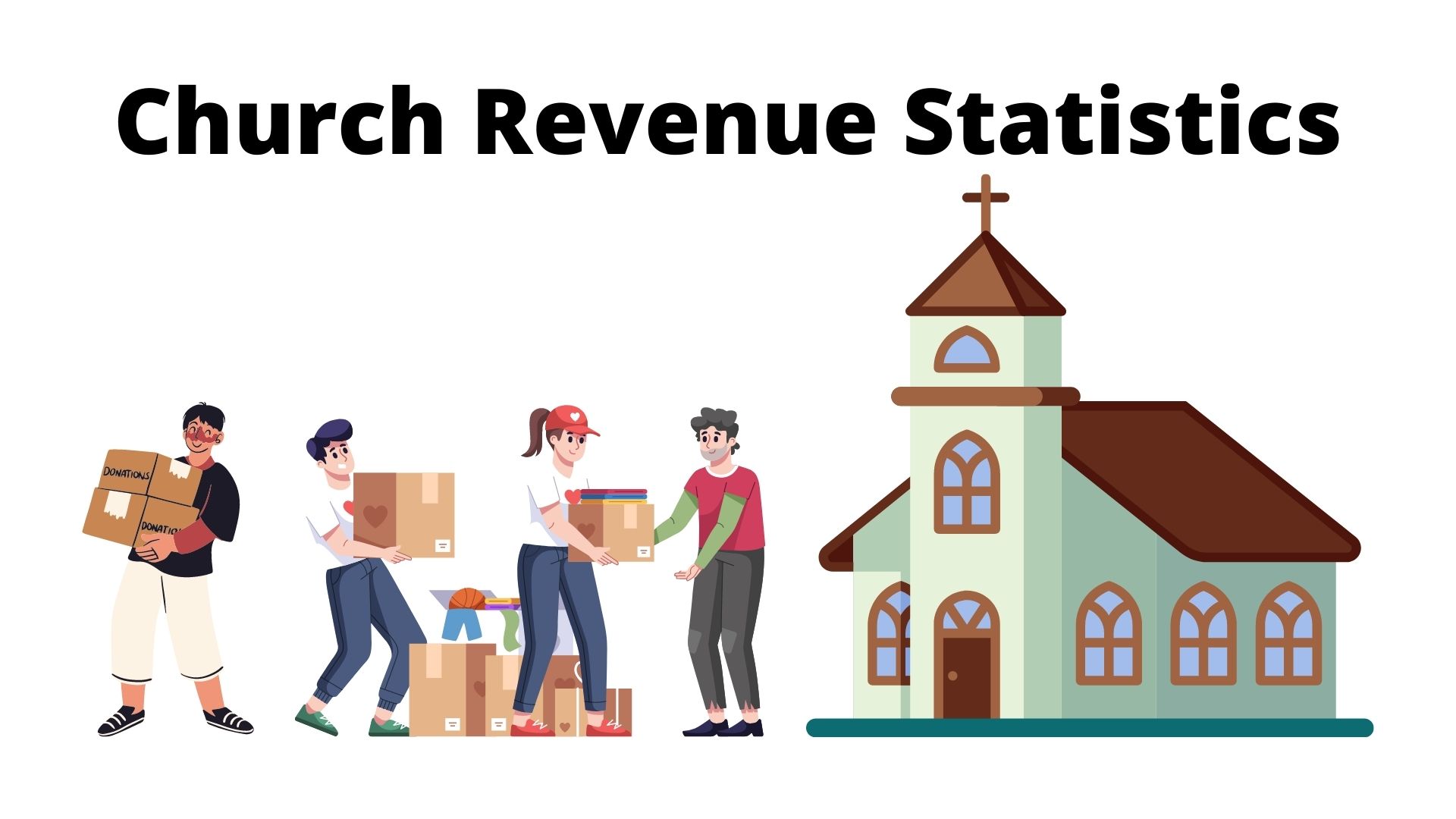The Business of Customer Intelligence
Speakers from Business Objects, a Business Intelligence (BI) solutions provider, discussed the importance of Customer Intelligence (CI) in CRM at a function held Wednesday morning.
According to Paul Clark of Business Objects, CI is BI sourced from and centered around customers. It is, he says, “the brains behind CRM”, providing the information that CRM systems and strategies require in order to fulfill their functions and giving the feedback to evolve these towards maximum effectiveness.
These functions he puts as Acquisition, Building and Caring – all aimed, ultimately, at making a business more money. CI equips the business with the information to perform these functions more effectively.
Acquisition is finding prospects and converting them into customers. CI sources these prospects from existing customers, identifying their friends, alliance partners or even divisions within the same company as likely targets.
Building means getting a customer to spend more money more frequently. CI firstly identifies how often a customer spends and how much and on what. CI then identifies trends within the customer population in order to cross-sell to individuals – a famous example is Amazon.com's “Other people that bought this book also bought…”. It also ensures offers are relevant – if you've just bought a fridge, it would be foolish to offer you another fridge.
Caring is making sure a customer is satisfied enough to stay with a company. Clark talks about “certain” Telco's that can identify when a customer is likely to leave based on how that customer acts. This allows the Telco to proactively approach the customer and attempt to salvage the relationship.
One of the goals of CRM is to allow customers to service themselves. Allowing them access to their own information is an important step towards this goal. A business often knows more about a customer than the customer himself, particularly when it comes to the relationship between the customer and the business. A telco, for example, can supply you with itemized billing, adding value by providing you with information about yourself.
Providing customers with CI information through an extranet not only helps customers answer questions about themselves, but pushes them towards self-service and, again, creates a channel to gather more information about the customer.
In the end CI and CRM is an old business maxim presented in a new form: better service means bigger profit. And better understanding means better service.
Reprinted from sa.internet.com.
